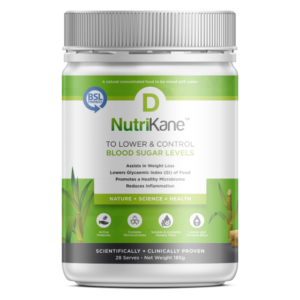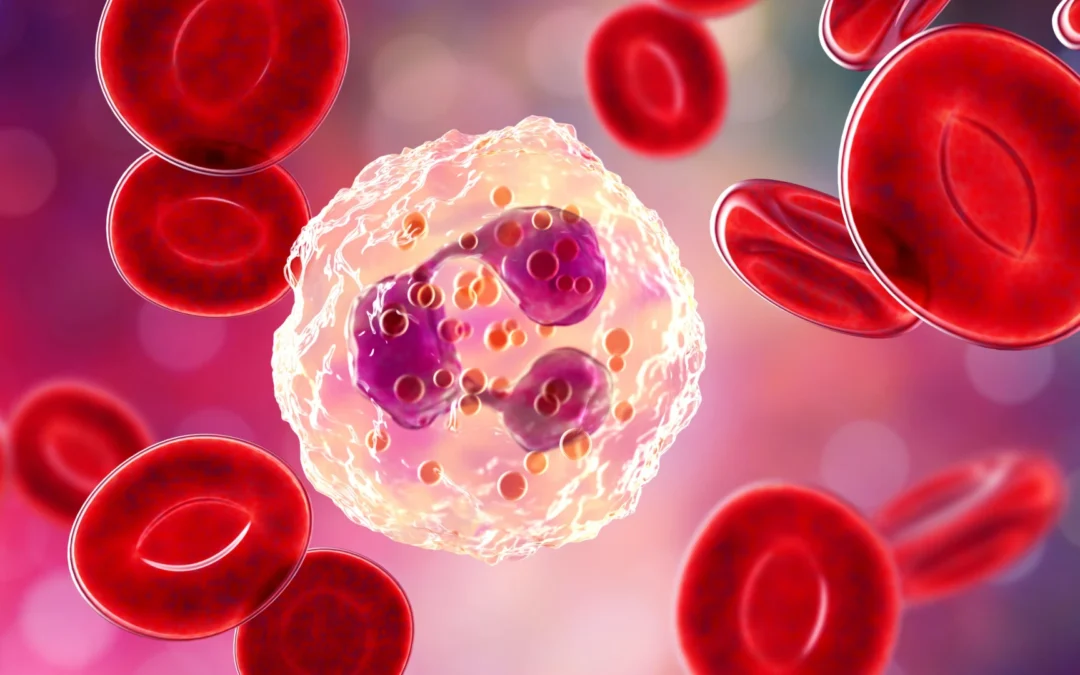As many as 86% of adults are using supplements of some kind, and yet there is very little evidence that they provide any long term benefit. Meanwhile we get told that food is the answer, but nutrient quality can be as low as 6% of claimed values. Medical Nutrition is the real answer.
Vitamins are a huge trade with little evidence to support their use
The supplement industry is huge. In the US alone, $30 billion dollars a year is spent buying vitamins. There is some evidence vitamins and supplements can help with disease if an individual is deficient in certain nutrients (folic acid to prevent spinal cord defects during pregnancy for example). However, these studies tend to rely on population surveys. A recent analysis of clinical trials failed to find any convincing direct evidence that supplements helped non-communicable diseases such as Type 2 diabetes.
The reason that supplements have such mixed results is probably because they lack the necessary co-factors and complexity of foods to make them usable by the body. There is even evidence that high doses of single nutrients can make diseases worse.
UNFORTUNATELY, you can’t trust foods either
Everyone that has ever tried to improve their health has read some variation of “the best way to get the nutrients you need is to eat lots of vegetables”. Indeed, diet management of non-communicable diseases such as Type 2 diabetes and CVD have proven to be very effective. Unfortunately translating these trials into real life can be hard. Food labelling laws allow companies to present foods as being healthier than they are, by using historical or “average” data. In this example, analysing the antioxidant content of various brands of cocoa and raw cacao, you can see the variation in the 12 products below:

More concerning, sample 1 was not cheap and nasty cocoa and samples 2 and 3 were not raw cacao.
Organic blueberries and green tea were also found to have 6% and 3% of claimed antioxidant content, respectively.
Medical Nutrition may be the answer
A new trend in foods is emerging. Sometimes called medical foods, sometimes functional foods, sometimes “superfoods”; it is the movement towards providing the diet tools needed for people to manage their health effectively. In these products, the nutritional content and quality of the foods are guaranteed by the suppliers and any health claims are backed by science and clinical trials. The truth is that all food manufacturing should be managed this way, but for now Medical Nutrition fills the gaps.
In summary
Getting the nutrition, you need to manage health conditions is not as easy as it should be:
- Supplementation may help in specific cases of nutrient deficiency. However, supplements are no replacement for nutritious foods.
- It is important for us to be mindful of which foods we eat and where they are sourced from.
- Food manufacturers rarely focus on nutritional value and often cheat the numbers.
- Buzz words like “organic” and “sustainable” are no guarantee of quality or nutritional content.
Medical Nutrition is designed to bridge the gap between foods and therapeutics by ensuring that the nutrients you need to be well are present in the amounts that you need them.









